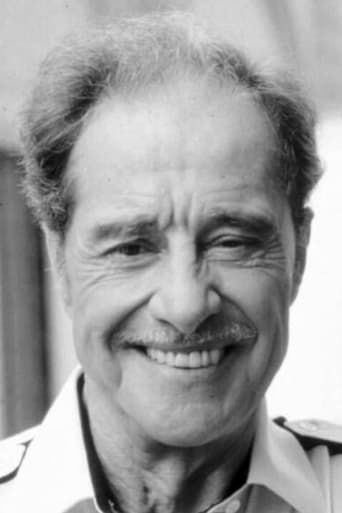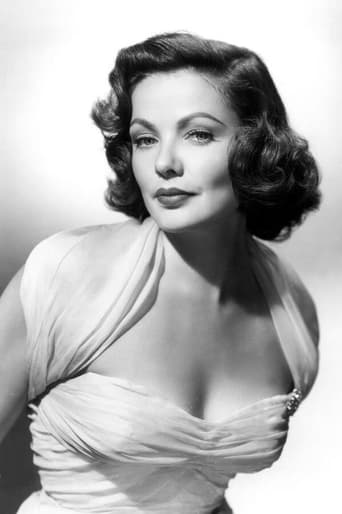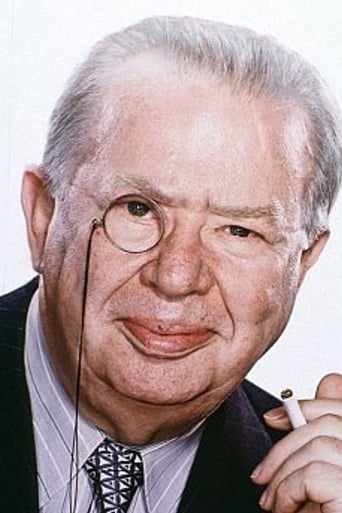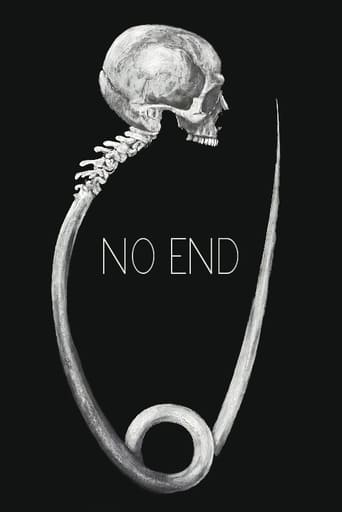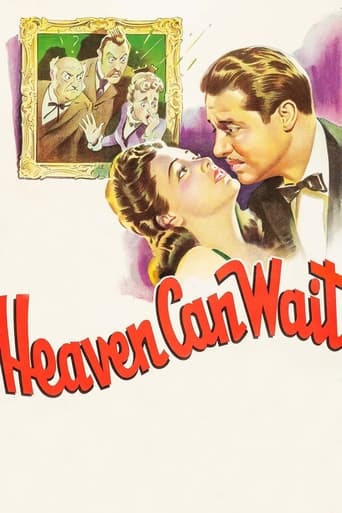
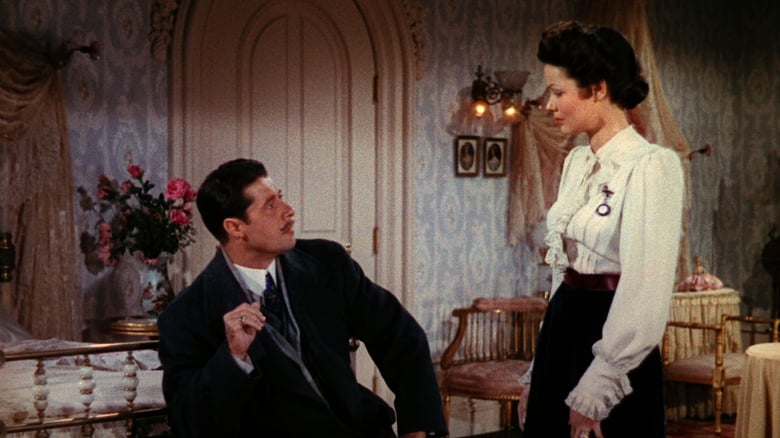
Heaven Can Wait (1943)
Spoiled playboy Henry van Cleve dies and arrives at the entrance to Hell, a final destination he is sure he deserves after living a life of profligacy. The devil, however, isn't so sure Henry meets Hell's standards. Convinced he is where he belongs, Henry recounts his life's deeds, both good and bad, including an act of indiscretion during his 25-year marriage to his wife, Martha, with the hope that "His Excellency" will arrive at the proper judgment.
Watch Trailer
Cast
Similar titles


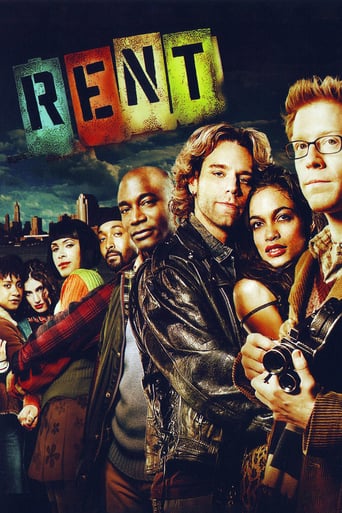


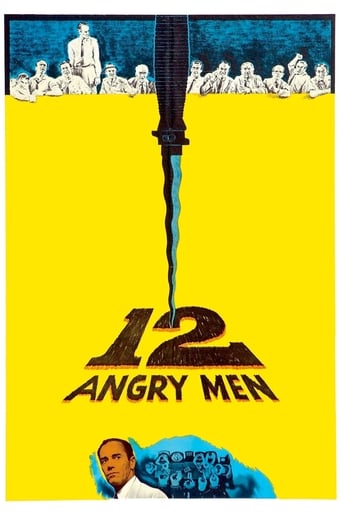
Reviews
Simply A Masterpiece
Fresh and Exciting
The best films of this genre always show a path and provide a takeaway for being a better person.
The movie's neither hopeful in contrived ways, nor hopeless in different contrived ways. Somehow it manages to be wonderful
An old roué arrives in Hades to review his life with Satan, who will rule on his eligibility to enter the Underworld.This film had my attention from the very beginning. Starting out in the underworld, and the devil himself has to decide whether or not to take a man? Great concept, with plenty of potential humor. The film ends up being much less about humor and more about romance, but this does not take away from the initial concept.A 1978 film, also called "Heaven Can Wait", is a remake of an entirely different film, the 1941 "Here Comes Mr. Jordan", which was based on a 1938 stage play originally titled "Heaven Can Wait". I am glad to know this now, because I had assumed it was a remake... now I will be less inclined to pick up a copy.
In the old days, they produced a lot of movies that made light of a man's infidelity, such as "The Women" (1939), "The Philadelphia Story" (1940), and, of course, "Heaven Can Wait." Perhaps it was because a divorce was harder to get in those days, or maybe it was that women had a much harder time supporting themselves when they did get a divorce. But the moral of such stories seems to be that women should forgive their philandering husband because their indiscretions are not serious, that their husbands really loved them deep down, and that such men are really just like cute, little, mischievous boys. Such movies helped women accept the fact that they were stuck in a loveless marriage, and they undoubtedly assuaged any feelings of guilt men might have for having been unfaithful. Now that divorces are easier to get, and women are better able to support themselves, we don't see such movies any more. Instead, a modern movie is more likely to treat adultery as being as painful and insulting as it really is.They may have cast creepy Laird Cregar in the role of the Devil, nattily attired, with the appropriate beard and mustache neatly trimmed, so as to make him look the part, but he is so kind and sympathetic that we can only wish most people were as considerate and caring as he is. The idea of giving us a Devil who is not really evil is to underscore the idea that adultery (on the part of a man, of course) is not really a sin. We don't believe that Henry Van Cleve should burn for eternity in the fires of Hell, but we don't believe he deserves a forgiving wife like Martha either.
This is a beautiful film. Sentimental, but not maudlin. A lavish production with lush color photography.The story is of a man (Don Ameche) at the (rather tame) gates of Hell, explaining his life to the Devil, who will decide where he belongs. Of course, as lives go, his was not that devilish, but it's an entertaining story of life in a different era.But the real attraction here is the cast, led by the devilishly handsome Don Ameche, and he was just perfect for this role. Suave, sophisticated, and decidedly an actor whose prominence is now somewhat overlooked.The female lead is Gene Tierney, perhaps at her most beautiful, and well cast as Ameche's wife.Charles Coburn is along as the grandfather, and he's a hoot...as usual in those roles where he could be humorous. Marjorie Main and Eugene Palette play Tierney's parents, and are just classic. Spring Byington is along as Ameche's mother. Allyn Joslyn plays a rather obnoxious cousin to Ameche. Louis Calhern plays Ameche's father. The cast is about as perfect for the film as possible.What is there to criticize here? Not much. Perhaps Gene Tierney's hairdo toward the end of the picture. Perhaps the sentimentality level. Or is that simply charming? It's one of the most lovely films of that genre that I've ever seen.
When I first saw this masterpiece on UK BBC2 on 2nd February 1972 being more literal-minded at age 12 I was left completely puzzled by the Devil's ability to spend so much time listening to Van Cleve's life story. Or I thought, if Time does not exist Down There how could they explain and we understand a story with a beginning middle and end? I mean, at that leisurely rate most of the queue waiting to enter in 1942 must still be waiting. However, the film has stood the test of Time, and though not perfect is still beautiful to watch.Dead man Van Cleve played by Don Ameche is ushered into the presence of the august Satan played by Laird Cregar, to recount the terrible details of his awful life and accept his punishment. Then begins a film-long sentimental even schmaltzy flashback, hinging on his happy marriage to Gene Tierney and the procession of the generations through the years. The soap is applied liberally, it's a tender nostalgic look at life and mores in New York from 1872 to 1942, similar to the equally magnificent Meet Me In St. Louis and Life With Father, except in this the lead character has already gone ahead. Cregar had another marvellous role as the grinning Excellency but proving the Devil-May-Care after all! Ameche and Tierney were pretty bland, perfect for the characters and the story though. Although sophisticated and witty throughout in the best Ernst Lubitsch tradition my favourite bit was ardent but patient Allen Joslyn's exquisite description of himself to Tierney on the stairs in the Strable house and her concurrence of it – I always imagined her laughing out loud at the end of the scene. What a shame Charles Coburn and Eugene Palette couldn't have had a couple of scenes together! The TCF production values were sky-high, the sumptuous sets shown in sumptuous Technicolor, but not too many as originally a stage play. It also occasionally displays a regrettably neutral chauvinist attitude to women, but wasn't that also realistic of the time?To make films as seemingly effortlessly charming and as lovely to look at as Heaven Can Wait is now a dead art; what cinema has become over the years might have them all turning over in their graves.
